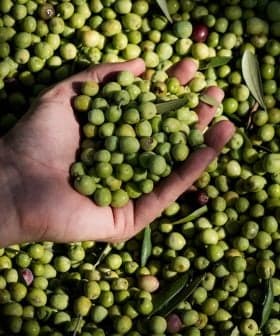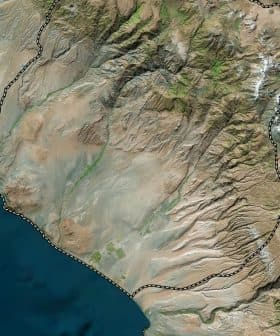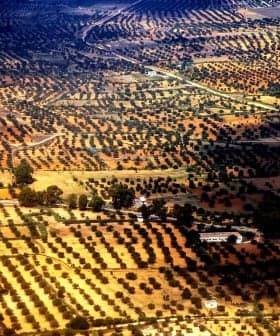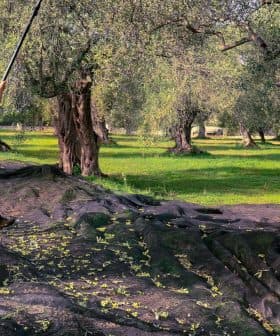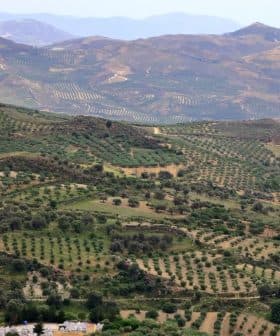After Tough Harvest, Producers in Crete Ask for Compensation
The small quantity of olive oil that was produced in Crete remains idle since there is no demand from buyers abroad. Producers are demanding compensation.
 Olive groves in Crete
Olive groves in CreteThe olive oil producers in Crete faced a difficult harvest season, resulting in a significant decrease in yield compared to the previous year, with many areas of the island experiencing losses. Producers are seeking support from the state due to the adverse weather conditions and reduced demand for Cretan olive oil abroad, with concerns raised about the need to expand olive tree farming to compensate for future production losses.
It was a difficult harvest season for the vast majority of the olive oil producers in Crete.
Weather fluctuations and the olive tree pathogens took their toll, with many areas of the island facing a significant loss in their yield of olive oil. The total harvest came out to about 60,000 tons, compared to 85,000 tons made last year.
Producers that will not be able to have any income for the next years need support from the state.
Apart from the reduced quantity and with a few exceptions, the quality of the olive oil is also inferior compared to other seasons. Some industry experts have calculated the combined damage to be somewhere between €10 and €15 million ($11.3 and $17 million) for the entire island.
Following three years of dry weather, this winter was very rainy with unexpected fluctuations of cold and warm weather in Crete and in most parts of Greece. These unusual weather patterns have created concern, not only to olive tree growers, but to the whole agricultural world of the country.
See Also:Greek Olive Oil NewsTo add insult to injury, there is currently no serious demand for Cretan oil oil from abroad, with prices staying below €3 ($3.40) for one kilogram of quality extra virgin with an acidity level of 0.3 percent. Producers have also been reluctant to sell cheap should a buyer occur.
“It was a major blow to the island’s olive oil sector,” Myronas Hilentzakis, assistant director of the Vine and Olive Oil Growers Group of Crete, said in reference to the adverse weather consequences. “There are olive trees in eastern Crete that will need three to four years to recover, let alone become productive again.”
“Producers that will not be able to have any income for the next years need support from the state,” he added. “Our olive oil goes unwanted and in only three years we have lost 51 percent of exports worth €1 billion ($1.13 billion) for the whole country.”
Since there was no sign for redress from the government, growers and producers gathered in Heraklion to plan their next moves.
They decided to ask for compensation, presenting the Minister of Agriculture with all the data that demonstrates the magnitude of the damage, including the volume of the yield, the spread of the fruit fly and the production areas that were hit more by the climate change.
They also agreed to alert the European Commission in order to intervene in favor of their claim.
Meanwhile, scientists called for an expansion of olive tree farming, not only in Crete, but in all the olive oil producing territories of Greece, which will serve two purposes: compensate for the loss of production due to the climate change and help keep up with other producing countries that progressively increase their output of olive oil.
“Most of the olive oil making countries extend their olive tree cultivations, and whoever stays behind will face the consequences,” Dimitris Gerasopoulos, professor of Agronomy and Forestry at the University of Thessaloniki, said.
He also warned that from now on the production of olive oil will have significant variations mainly due to the changes in weather, so a season with a small yield is more likely than ever before and it would significantly harm the exports and the share of Greek olive oil in foreign markets.
“We should take for granted the big ups and downs in the volume of the production,” he said. “So, we need to sustain a high level of production in order not to fall back from other producing countries.”


